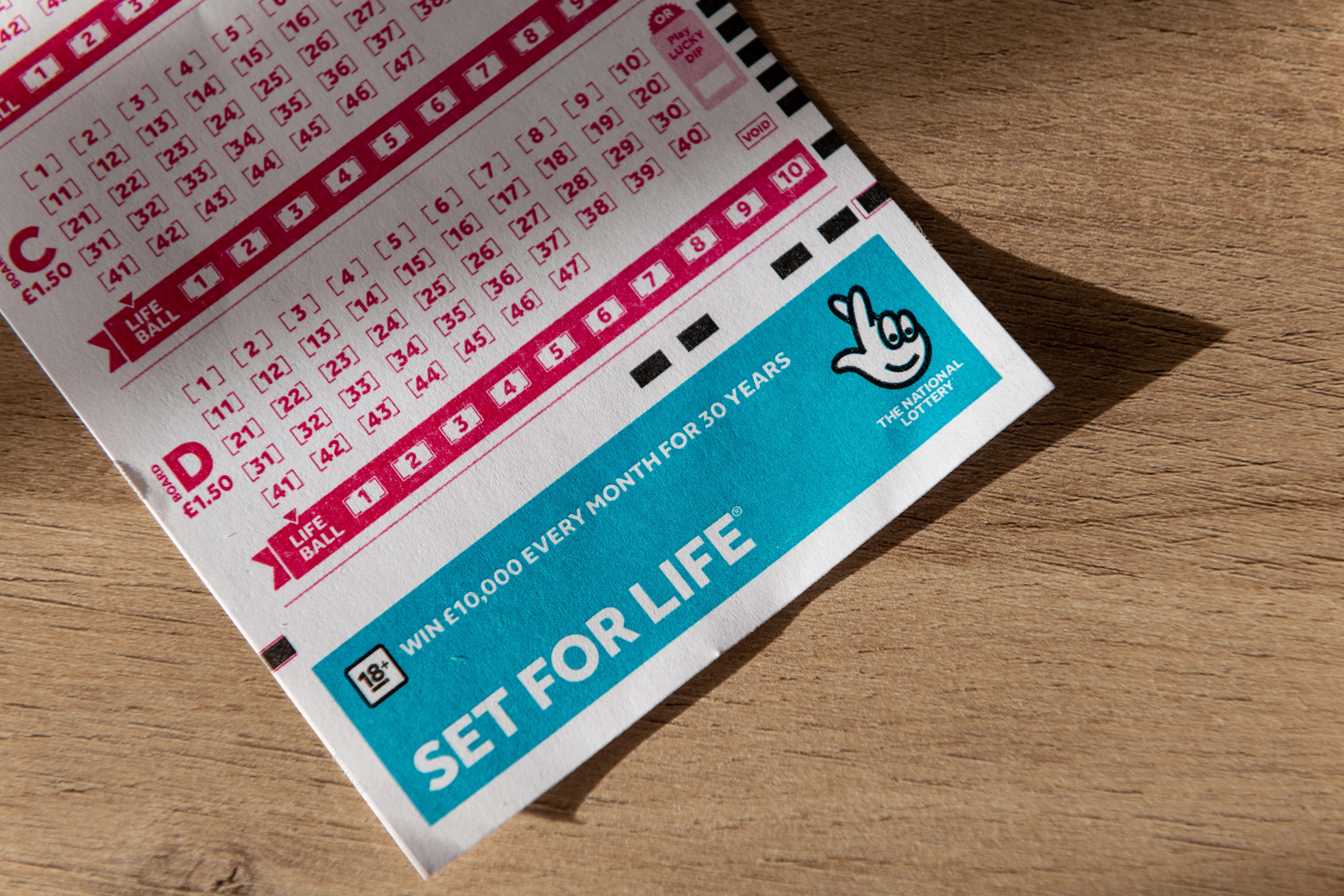New National Lottery operator sees sales double after charity donations warning
Allwyn Group said taking over Camelot UK helped drive a surge in third-quarter revenues.

Your support helps us to tell the story
From reproductive rights to climate change to Big Tech, The Independent is on the ground when the story is developing. Whether it's investigating the financials of Elon Musk's pro-Trump PAC or producing our latest documentary, 'The A Word', which shines a light on the American women fighting for reproductive rights, we know how important it is to parse out the facts from the messaging.
At such a critical moment in US history, we need reporters on the ground. Your donation allows us to keep sending journalists to speak to both sides of the story.
The Independent is trusted by Americans across the entire political spectrum. And unlike many other quality news outlets, we choose not to lock Americans out of our reporting and analysis with paywalls. We believe quality journalism should be available to everyone, paid for by those who can afford it.
Your support makes all the difference.The incoming operator of the UK National Lottery has seen its sales double in recent months – after warning it expects to initially fall short on promises to grow its charitable donations.
Allwyn International, a multi-national lottery operator which acquired rival Camelot UK earlier this year, said the takeover helped drive a surge in third-quarter revenues.
The group raked in two billion euros (£1.7 billion) in the three months to September, up 98% from one billion euros (£860 million) over the same period last year.
It completed the acquisition of Camelot in February, ending months of legal dispute over the National Lottery licence.
Camelot has held the licence since 1994 but will lose it from February to Allwyn, which will go on to operate the lottery for a decade.
In bidding for the lucrative licence, Allwyn pledged to more than double the amount of money allocated to good causes.
But in October, chief executive Robert Chvatal told the Financial Times the lottery may get an initial “headwind” that means its charitable donations will be lower than the amount originally projected for the first two years.
But he said there is a chance to “catch up” by upping donations over the decade to meet its wider target of generating £38 billion for good causes.
Stripping out the impact of the Camelot acquisitions, sales dipped by 1%, impacted by “customer-friendly” sports results across the betting industry and unfavourable jackpot cycles.
Other gambling firms have flagged a run of sports results going in favour of punters, resulting in them having to dish out more winnings.
Meanwhile, Allwyn said it has only felt a “limited” impact of inflation eroding consumer budgets, which has had a more harmful affect on other retailers.
This is because its products are cheaper and it has a large number of regular players, it said.